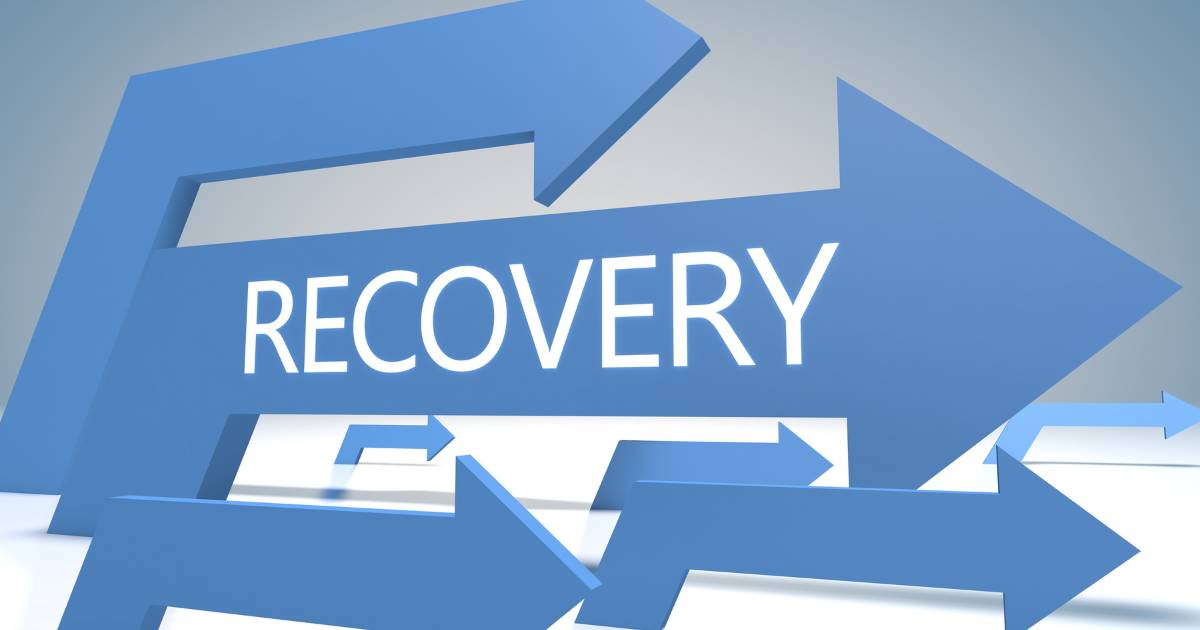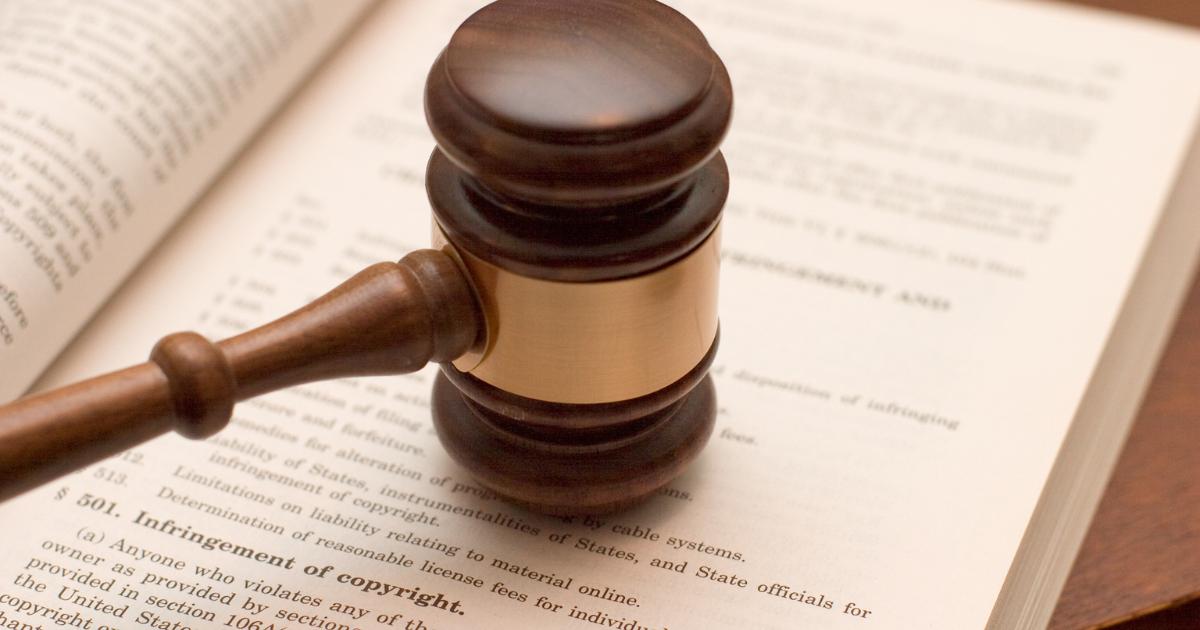· Debt Recovery · 4 min read
How a Banking Lawyer Can Help in Debt Recovery | Lawyer Forum
Discover how a skilled banking lawyer can assist in debt recovery cases through legal strategies, negotiations, and litigation support.

How a Banking Lawyer Can Assist in Debt Recovery Cases
In today’s complex financial environment, loan defaults and non-performing assets (NPAs) are increasingly common. Whether you are a financial institution, a private lender, or a business owner, recovering outstanding dues can be a long, legally challenging process. This is where a skilled banking lawyer becomes an indispensable ally.
As a lawyer with extensive experience in banking and financial legal services, I often advise clients on how to navigate debt recovery effectively, while ensuring compliance with Indian legal frameworks such as the SARFAESI Act, RDDBFI Act, and Insolvency and Bankruptcy Code (IBC). In this article, I’ll break down how a banking lawyer can assist you in debt recovery matters and protect your interests throughout the process.
1. Understanding the Legal Framework for Debt Recovery
India has a structured legal framework to handle debt recovery through:
The Securitisation and Reconstruction of Financial Assets and Enforcement of Security Interest (SARFAESI) Act, 2002
Recovery of Debts Due to Banks and Financial Institutions (RDDBFI) Act, 1993
The Insolvency and Bankruptcy Code (IBC), 2016
A banking lawyer helps you determine which of these laws is best suited to your case. For instance, if the debtor has mortgaged property, SARFAESI may be more effective. If the claim exceeds ₹20 lakh, approaching the Debt Recovery Tribunal (DRT) under the RDDBFI Act is usually recommended.
2. Drafting and Sending Legal Notices
The debt recovery process generally begins with a formal legal notice. This is a crucial step — if poorly drafted, it may weaken your position in future litigation. A banking lawyer ensures that the notice is compliant with relevant laws, clearly outlines the liability, and demands repayment within a legal timeframe. This often compels the debtor to settle the dues out of court, saving time and expense.
3. Filing Cases in Debt Recovery Tribunals (DRT)
For debts exceeding ₹20 lakh, cases are heard in DRTs rather than civil courts. A qualified banking lawyer prepares all necessary documentation, evidence, and pleadings to initiate the case. We also represent our clients during tribunal proceedings, cross-examinations, and appeals in Debt Recovery Appellate Tribunals (DRAT), if necessary.
4. Invoking SARFAESI for Secured Loans
If your loan is backed by collateral, the SARFAESI Act allows banks and financial institutions to enforce the security interest without approaching a court. A banking lawyer will guide you through:
Issuing a 60-day demand notice under Section 13(2)
Taking possession of the secured asset under Section 13(4)
Arranging for the sale of assets through public auction
Legal assistance here ensures strict procedural compliance, which is vital since debtors often challenge such proceedings on technical grounds.
5. Initiating Insolvency Proceedings under IBC
When the borrower is a corporate entity and the dues are substantial, initiating insolvency under the IBC can be a powerful strategy. As a legal advisor, I help creditors file applications with the National Company Law Tribunal (NCLT), assist with the appointment of Insolvency Resolution Professionals (IRPs), and ensure your interests are preserved during the resolution process.
6. Alternative Dispute Resolution (ADR)
Sometimes, negotiation or mediation is more effective than litigation. As your legal representative, I can act as a negotiator to facilitate settlements, restructure repayment terms, or enter into arbitration if both parties agree. ADR methods save time, protect client relationships, and minimize legal costs.
7. Post-Recovery Legal Formalities
Once dues are recovered either through court, DRT, or SARFAESI several formalities must be completed. These include releasing secured assets, obtaining recovery certificates, and updating credit reports. A banking lawyer ensures that every aspect is documented and concluded legally, protecting you from future liability.
Why Choose a Professional Legal Advisor?
Debt recovery is not just about getting your money back it’s about doing so legally, ethically, and efficiently. Working with a professional banking lawyer ensures:
Compliance with Indian financial laws
Strategic legal action based on case facts
Effective communication with debtors and regulatory bodies
Minimised risk of disputes and counter-litigation
If you are a business owner, you might also benefit from our Business Lawyer Services, especially if the loan is tied to business operations or contracts. For financial matters involving digital fraud or phishing, our Cyber Crime Lawyer Services can offer additional support.
Final Thoughts
Debt recovery is often a stressful and complex journey. But with the right legal guidance, it doesn’t have to be. A banking lawyer serves not just as a legal technician but as a strategic partner who can help you navigate the system, protect your assets, and recover your dues — legally and efficiently.
If you’re facing a debt recovery challenge, don’t wait for the situation to worsen. Reach out to LawyerForum and consult with a legal professional who understands both the law and your goals.



